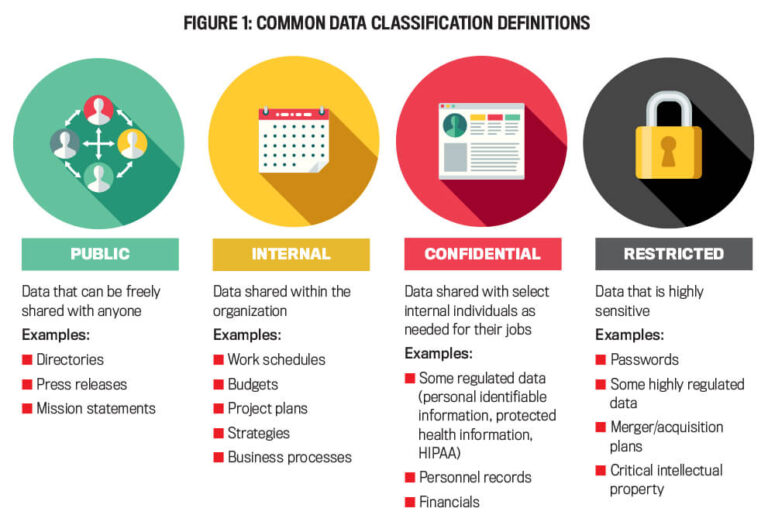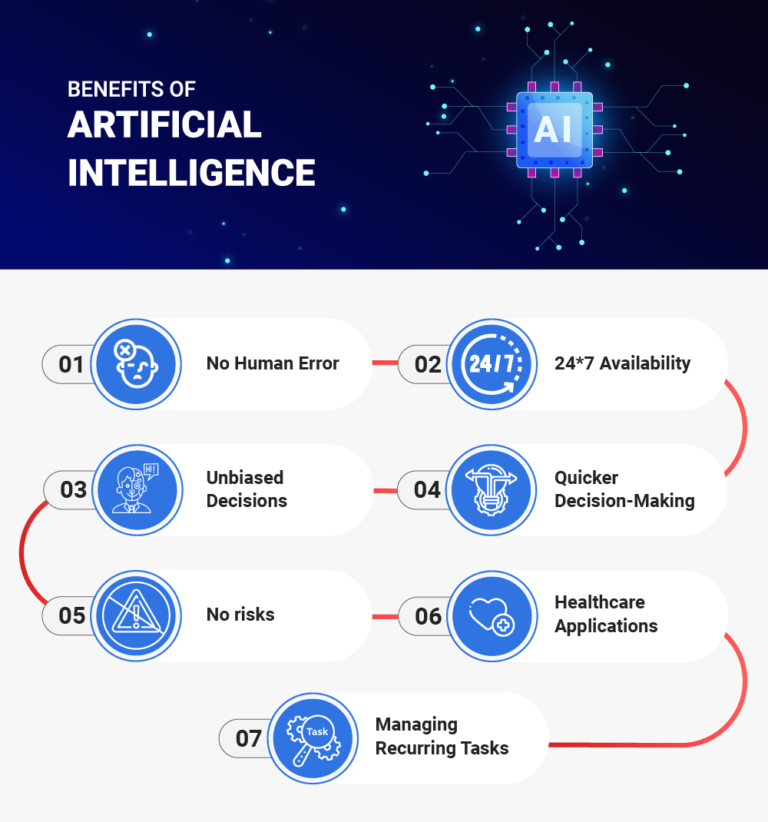What Are The Opportunities And Challenges Of AI?
Artificial Intelligence (AI) is becoming an increasingly important part of our lives, offering new opportunities and challenges. AI can be used to automate tasks, providing faster and more accurate results than humans can. It can also be used to create more personalized experiences for users, and it can help businesses gain insights from large amounts of data. However, AI also raises ethical and privacy concerns, and it can be difficult to create systems that are reliable and trustworthy. Additionally, AI can lead to job losses as machines take over manual labor, and it can also be difficult to manage the costs of implementing AI systems. As AI continues to evolve, it is important to recognize both the opportunities and challenges it presents.
Overview of Artificial Intelligence
Artificial Intelligence (AI) is the application of sophisticated computer algorithms to problem solving in various contexts, such as robotics, natural language processing, and autonomous vehicles. AI research is rapidly advancing, and new applications are being developed every day. AI is being used to improve decision making in industries like finance, healthcare, and transportation, and it is also being used to automate mundane tasks. AI can be used to create intelligent machines that can interact with humans, recognize objects and voices, and respond to commands. AI-driven machines can learn from experience, so they can become more accurate and efficient over time. AI is also being used to develop computer vision, facial recognition, and medical diagnosis tools. AI is transforming the way we live, work, and play, and its impact is only going to become more significant in the future.
Opportunities Offered by AI
Artificial Intelligence (AI) offers a wealth of opportunities for businesses across a variety of industries. AI can automate mundane tasks, streamline processes, and provide actionable insights that can improve product and service offerings. AI can also detect patterns in customer behaviour, providing businesses with invaluable data they can use to better understand their target markets. Additionally, AI can be used to create innovative solutions to problems, helping businesses remain competitive in an ever-changing marketplace. AI is a powerful tool that can help businesses improve efficiency, reduce costs, and facilitate decision-making. With the right AI strategy, businesses can leverage AI to drive growth and success.
Challenges of AI
The challenges of Artificial Intelligence (AI) are numerous and varied. AI technology is becoming increasingly sophisticated, but it is not without its limitations. AI can struggle to work in complex and dynamic environments, such as the physical world. AI also has difficulty understanding human emotions and intentions, as well as dealing with unforeseen events. Furthermore, AI can be expensive to develop and maintain, and it can be difficult to ensure that AI systems are secure. Finally, AI can raise ethical and legal issues, such as how governments and corporations use AI-driven systems and the potential for AI-driven systems to discriminate against certain groups. Despite these challenges, AI technology is rapidly advancing, and its potential is being explored in many fields, from health care to finance.
Regulatory Considerations for AI
When it comes to the implementation of Artificial Intelligence (AI) for business operations, it is important to understand the various regulatory considerations. AI is a rapidly evolving field and it is important to keep up with the latest regulations and laws in order to ensure that any AI initiatives are compliant. Regulatory considerations for AI include data privacy, security, safety, and ethical guidelines. Data privacy laws need to be taken into account when collecting and storing customer data, while security protocols must be put in place to prevent unauthorized access. Additionally, safety protocols must be implemented to ensure the AI system is not used to cause harm or damage. Finally, ethical considerations need to be taken into account when implementing AI to ensure that it is not used to discriminate or cause harm. Understanding these regulatory considerations is essential to ensure that any AI initiatives are compliant.
Current State of AI
The current state of Artificial Intelligence (AI) is a rapidly changing landscape. In the past few years, advances in AI technology have resulted in improved speech recognition, computer vision, natural language processing, and machine learning capabilities. AI is quickly becoming a powerful tool for solving many of today’s complex problems. AI can provide insight into large datasets, automate tedious tasks, and can help to detect patterns and anomalies. AI is being used in a wide range of industries, from healthcare and finance to retail and transportation. As AI technology continues to evolve, it is expected to become an even more essential part of our lives and the way we do business. It has the potential to revolutionize the way we work, live, and interact with one another. AI has the potential to change the world and the way we think about technology.
Future of AI
Artificial Intelligence (AI) is rapidly changing the way we live and work. From voice-activated assistants to self-driving cars, AI is becoming an increasingly important part of our lives. As AI continues to develop, it has the potential to revolutionize our society and the way we interact with technology and the world around us. This technology could bring tremendous benefits, such as improved healthcare, faster decision-making, and increased safety. However, there are also potential risks associated with AI, such as job displacement and ethical implications. It is essential that we continue to explore and understand the implications of AI so that we can ensure its successful and responsible implementation. As AI continues to evolve, it is important to consider the future of AI and how it will shape our future.
FAQs About the What Are The Opportunities And Challenges Of AI?
Q1: What are the opportunities of AI?
A1: AI provides opportunities for automation, data analysis, predictive analytics, optimization, and more. AI can be used to automate mundane tasks, discover valuable insights from data, and predict future trends.
Q2: What are the challenges of AI?
A2: AI poses a challenge in terms of data privacy and security risks. Additionally, AI can be difficult to implement and debug. There is also a risk of AI being used for malicious purposes.
Q3: How can AI be used to benefit businesses?
A3: AI can be used to automate mundane tasks, improve customer experience, and analyze data to make more informed decisions. AI can also be used to develop new products and services. Additionally, business processes can be optimized using AI.
Conclusion
In conclusion, Artificial Intelligence (AI) has the potential to revolutionize many sectors and industries, providing new opportunities for businesses to improve efficiency, productivity, and profitability. However, AI also poses significant challenges, such as privacy and security issues, the need for specialized talent, and the potential for job loss. To maximize the potential of AI, organizations must develop strategies for addressing these challenges while taking advantage of the opportunities it presents.



